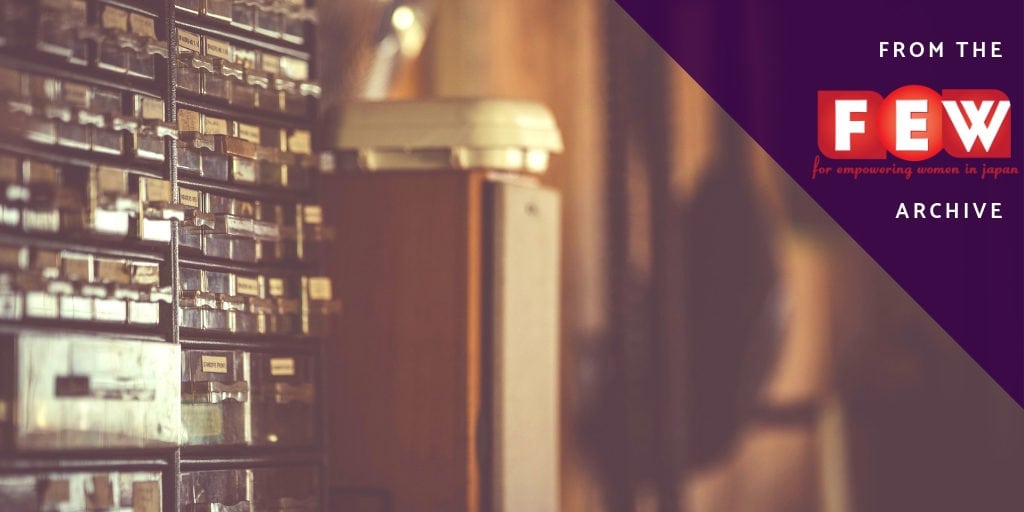January 2015 FEW Meeting Recap: Planned Happenstance

Recap: “Planned Happenstance: A Guide for Creating Chances and Opportunities out of Roadblocks in your Career and Life” w/ Haruko Nishida, January 15, 2015
Recap: Being Open to Opportunities
By Christina Hanazawa-Gallagher, FEW Programs Director
Will the twists and turns of a planned happenstance life lead you to your career goal? Haruko Nishida, founder of Women Help Women, an NGO supporting open innovation start-ups for women, says she is proof it works.
Haruko started her career after graduating from the University of Tokyo aiming for a successful, high-level employment path. However, on the first day of her research job, she discovered he was actually an her first job office lady. “I was making tea, copies, but I was also getting the same training,” she says. Later she leveraged it to her advantage when Japan passed the Equal Opportunity Act, and finally became a researcher. She then questioned her path, “Is it possible for me to continue this for ten years?” Feeling fairly confident in her English skills and research background, she applied and entered Harvard’s Kennedy School of Government.
During her final year at Harvard, she showed up 30 minutes late to a McKinsey consulting recruiting event thinking she could take advantage of the free dinner. The last seat available was next to one of the top executives, who was intrigued by her honesty since she felt at that point she had nothing to lose. She later spent nearly two decades at McKinsey and established the research department. However, that background voice asking her if this was enough grew louder again.
“Being a research manager was great, but what about when I am 60?,” she asked herself.
During that time she discovered Bill Drayton, founder of the Ashoka Foundation, and one of American top business leaders. He coined the phrase “change maker” and inspired Haruko to quit McKinsey to co-found Impact Japan, where she raised over a billion yen for projects in Tohoku. She left there late last year to develop one of her projects, Women Help Women, into a fully-fledged NGO. “I want to create an innovation hub and create a place for women to gather (and eventually), a women empowerment fund.” The first hub will be in Tohoku.
Haruko said her career path has been a symbol of “option thinking.” “You have to recognize, create, and use chances as career opportunities,” This is the essence of planned happenstance.
